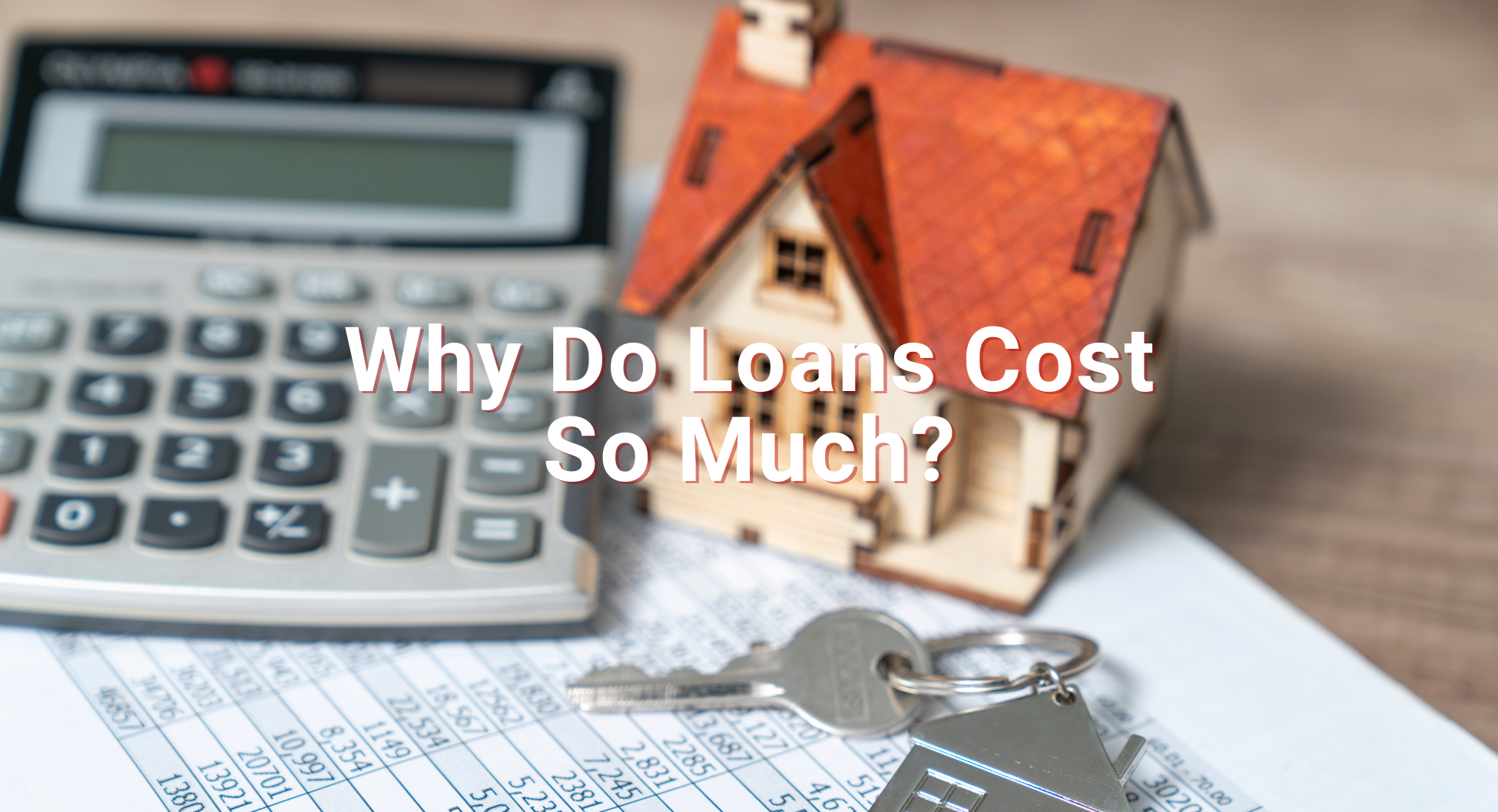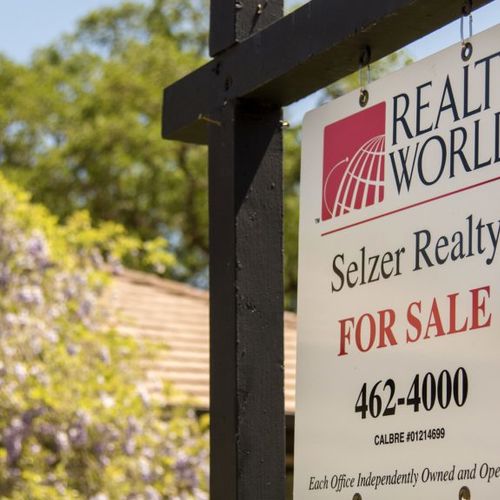Recently, a fellow called me looking for a small, private-money loan of $14,000 to fund some home renovations. He had a credit score of 840, which is about as close to perfect as you’re likely to find. He had no outstanding debt to speak of, having just paid off his car loan a year after he bought the vehicle. And he had reliable, reportable income. The trifecta.
Several things came to mind as he explained his situation. First, I was not the right guy to give him the loan. With his financial credentials, he could get a far better deal elsewhere. You only go to private-money lenders when you pose a financial risk that makes traditional lenders uncomfortable. Second, regardless of his financial credentials, a real estate loan wasn’t the right choice because of all the regulations—and associated costs that come with them.
If this borrower got a conventional real estate loan with a 2 percent interest rate and an 18-month term, per his request, his effective interest rate would be about 23.6 percent. Why? Every real estate loan comes with a fixed cost of about $2,500 which covers the cost of title insurance, escrow fees, document drawing fees, appraisal fees, inspection fees, recording fees, tax service fees, and more. So, to walk away with the $14,000 he needed to fund his project, he’d need a loan of $16,500. To pay that off in 18 months, his monthly payment would be $931. When you do the math, that gives you a 23.6 percent rate.
If you’re confident you can pay off your loan in a year and a half, there are far better options than a real estate loan to get your hands on $14,000 in cash. Although credit cards are rarely my first choice for funding major home renovations, in this case, taking advantage of an introductory interest rate and a cash advance from a credit card would likely save you money. If that isn’t to your liking and, like this borrower, you have a $35,000 car you own outright, you could take out a loan using your car as collateral. These days, you could probably get an interest rate in the neighborhood of 3 percent with no fees. Finally, you could take out a signature, or unsecured, loan at a bank or credit union. All of these options would cost less than a real estate loan. Remember, you don’t have to borrow money at all if you have an asset you can sell. Maybe you have a boat you never use and it’s time to admit that you never will.
In years past, banks and private-money lenders like myself were happy to provide small loans, but the cost of regulation has changed all that. We used to offer second mortgages on owner-occupied homes, back in the days when title and escrow fees were lower, but new laws that purported to protect homeowners now prevent this. To service a loan, lenders must verify that property taxes are paid, track loan payments, and take care of many other administrative tasks, and those costs get passed on to borrowers. So, your bank isn’t being unreasonable by making a minimum loan amount. Your bank is in the business of turning a profit, just like everyone else.
Private-money lenders are a great resource for borrowers who do not fit the traditional mold, either because of a lack of reportable income, poor credit scores, or the type or condition of the property they need the loan for. But I’ll stay in my lane. If someone comes to me and I know they can get a less expensive loan elsewhere, I’ll point them in that direction.
If you have questions about property management or real estate, please contact me at [email protected] or call (707) 462-4000. If you have an idea for a future column, share it with me and if I use it, I’ll send you a $25 gift certificate to Schat’s Bakery.
Dick Selzer is a real estate broker who has been in the business for more than 45 years.


